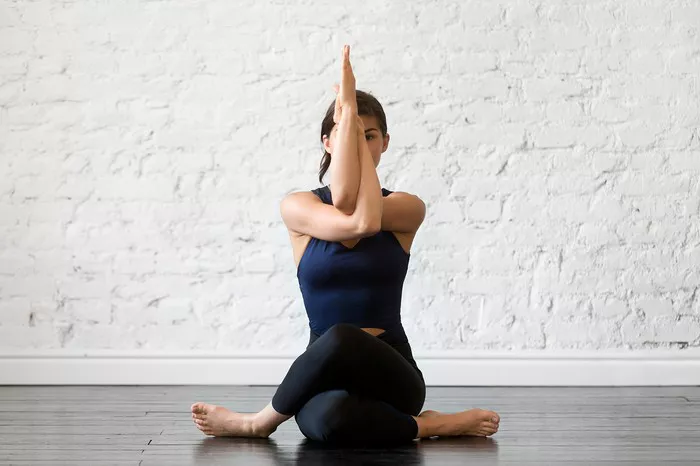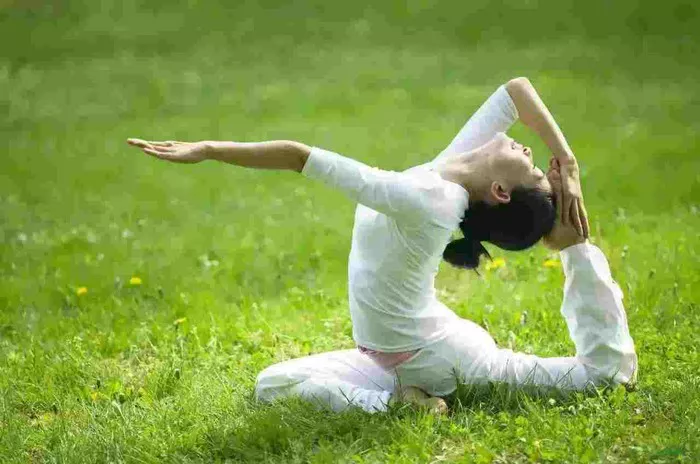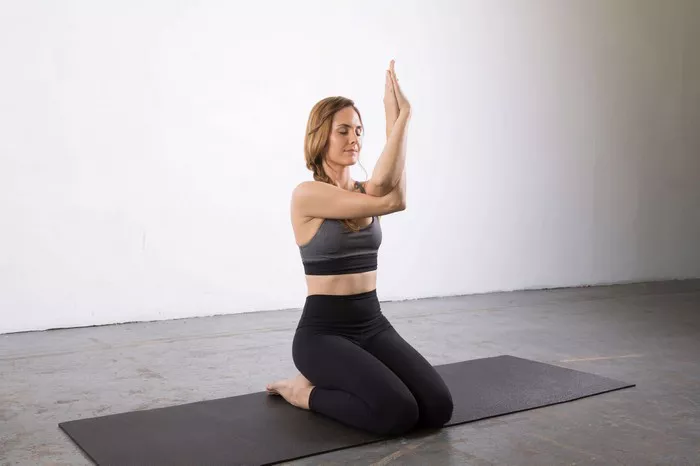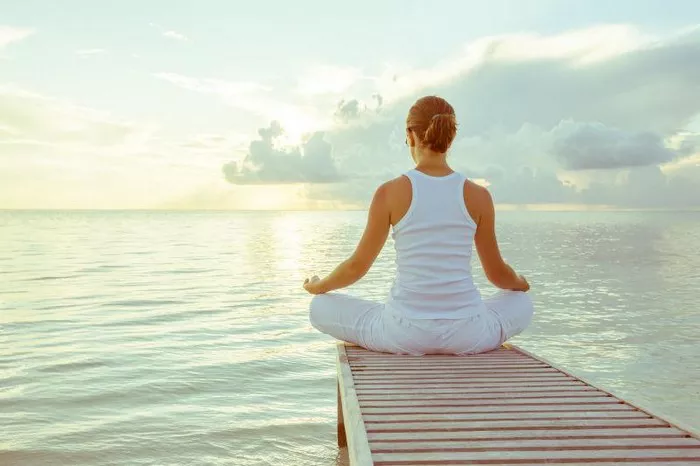In the bustling world we inhabit, finding tranquility and inner peace has become a paramount pursuit for many. Amidst the chaos of modern life, various practices have emerged to help individuals reconnect with themselves and find solace amidst the noise. One such practice gaining significant traction is Yin Yoga. Rooted in ancient principles and characterized by its gentle, meditative approach, Yin Yoga offers a plethora of benefits that extend beyond the physical realm. Let’s delve into the precise advantages that practitioners can derive from embracing this serene discipline.
1. Enhanced Flexibility and Joint Mobility:
Unlike its more dynamic counterparts, Yin Yoga focuses on holding postures for extended periods, typically ranging from one to five minutes or even longer. This prolonged duration allows for deep stretching of the connective tissues surrounding the joints. By gently stressing these tissues, Yin Yoga encourages increased flexibility and mobility, leading to greater ease of movement in everyday life.
2. Stress Reduction and Relaxation:
In a world inundated with stimuli and demands, stress has become a prevalent issue affecting physical and mental well-being. Yin Yoga provides a sanctuary of stillness amidst the chaos, offering practitioners a chance to unwind and release tension held within the body and mind. The slow-paced nature of Yin Yoga, coupled with focused breathing techniques, triggers the parasympathetic nervous system, promoting relaxation and reducing stress levels.
3. Improved Circulation and Energy Flow:
Through its emphasis on long-held postures and deep breathing, Yin Yoga stimulates the flow of energy, or “qi,” throughout the body. By targeting specific meridian lines, akin to those in Traditional Chinese Medicine, Yin Yoga facilitates the unblocking of energy channels, promoting better circulation and vitality. This enhanced energy flow not only fosters physical well-being but also nourishes the spirit, leaving practitioners feeling revitalized and rejuvenated.
4. Enhanced Self-Awareness and Mindfulness:
The meditative aspect of Yin Yoga encourages practitioners to turn their attention inward, fostering heightened self-awareness and mindfulness. As individuals hold poses in stillness, they are invited to observe their thoughts, sensations, and emotions without judgment. This practice of mindfulness cultivates a deeper understanding of oneself and promotes acceptance of the present moment, fostering inner peace and resilience in the face of life’s challenges.
5. Balanced Yin-Yang Energy:
In Traditional Chinese Medicine philosophy, the concept of Yin and Yang represents opposing yet complementary forces inherent in all aspects of existence. While Yang activities such as vigorous exercise and productivity emphasize movement and exertion, Yin practices like Yin Yoga focus on stillness and introspection. By incorporating Yin Yoga into their routine, individuals can achieve a harmonious balance between these polarities, fostering holistic well-being and equilibrium in their lives.
6. Supports Meditation Practice:
The meditative nature of Yin Yoga serves as an excellent complement to formal meditation practices. By quieting the body and mind through gentle stretching and breathwork, Yin Yoga prepares practitioners for deeper states of meditation. The cultivation of stillness and presence experienced in Yin Yoga sessions can translate seamlessly into one’s meditation practice, facilitating greater clarity of mind and insight.
7. Alleviation of Chronic Pain and Discomfort:
Chronic pain and discomfort are prevalent challenges that many individuals face, stemming from various sources such as sedentary lifestyles, repetitive movements, or past injuries. Yin Yoga offers a gentle yet effective approach to addressing these issues by targeting the fascia, ligaments, and deep connective tissues. Through consistent practice, Yin Yoga can help alleviate tension, reduce inflammation, and improve overall comfort levels, providing much-needed relief for those suffering from persistent pain.
8. Cultivation of Patience and Resilience:
Holding Yin Yoga poses for extended periods requires patience, discipline, and a willingness to surrender to discomfort. In doing so, practitioners cultivate resilience both on and off the mat. The ability to endure physical sensations and challenging emotions during Yin Yoga sessions translates into greater resilience in the face of adversity in daily life. Through this practice, individuals learn to embrace discomfort as an opportunity for growth and transformation.
9. Enhanced Mental Clarity and Focus:
The meditative aspect of Yin Yoga not only calms the mind but also enhances mental clarity and focus. By quieting the chatter of the mind and cultivating present-moment awareness, practitioners sharpen their concentration and hone their ability to sustain attention. This heightened mental clarity extends beyond the yoga mat, empowering individuals to approach tasks and challenges with greater focus and efficiency.
10. Promotes Emotional Healing and Release:
Emotions are often stored in the body, manifesting as physical tension or discomfort. Yin Yoga provides a safe space for practitioners to explore and release suppressed emotions held within the body’s tissues. As individuals hold poses and allow sensations to arise, they may experience emotional catharsis and release, leading to a profound sense of lightness and emotional healing.
Conclusion
The practice of Yin Yoga offers a myriad of precise benefits that cater to the holistic well-being of individuals. From enhanced flexibility and stress reduction to improved circulation and emotional healing, the gentle yet profound nature of Yin Yoga facilitates a deeper connection with oneself and the world around us. By incorporating Yin Yoga into one’s routine, practitioners can unlock a pathway to tranquility, balance, and inner peace amidst the complexities of modern life.






















